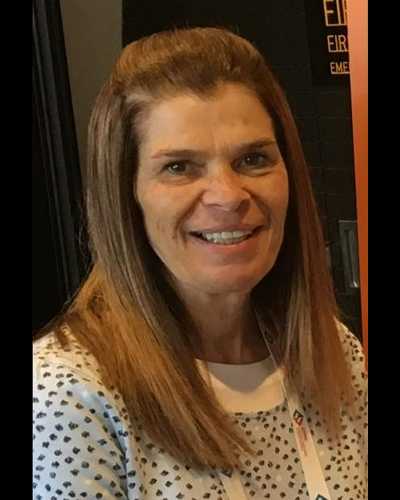Now published, see the full article 
Early Abstract:
Introduction: Lifelong health behaviour habits are often consolidated in adolescence, with primary health care an important element of current and future health and wellbeing. Barriers to adolescent primary health care access are complex and include social, behavioural and geographical issues as well as organisational and systemic barriers.
Method: This paper describes the first year of implementation of a Doctors in Secondary School Program in a rural setting, Victoria, Australia.
Results: The program provided 332 primary health care appointments over ten months, equating to 102.33 hours of general practitioner contact with students. The program offered scheduled and unscheduled (drop-in) appointments with above average consultation times. Cancellations and ‘no-shows’ were low at 9% overall. Health promotion resources, material and information, were sourced and provided by the clinic practice nurse.
Conclusion: The role of the practice nurse has been instrumental in providing a needs-based service for students, connecting to local and regional health and community services. Adolescents in rural areas require holistic primary care including provision of resources, basic wellbeing needs and advocacy. Programs to support rural adolescents should be integrated across the strengths and opportunities that exist in each unique context. The implementation of the program is described to allow audiences to decide on applicability to their own settings.


